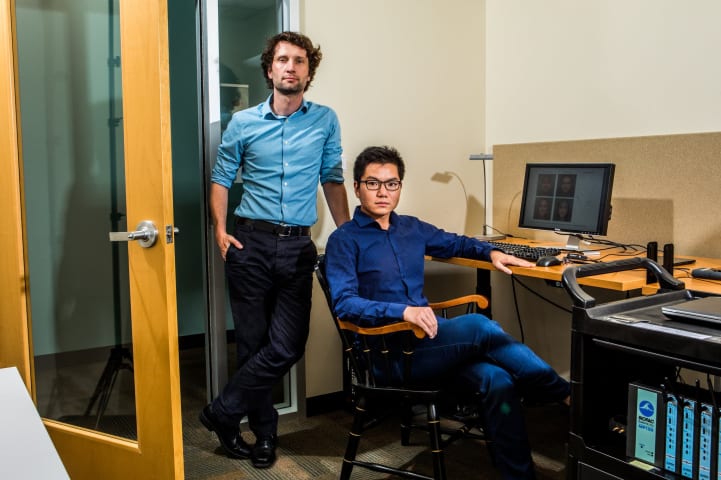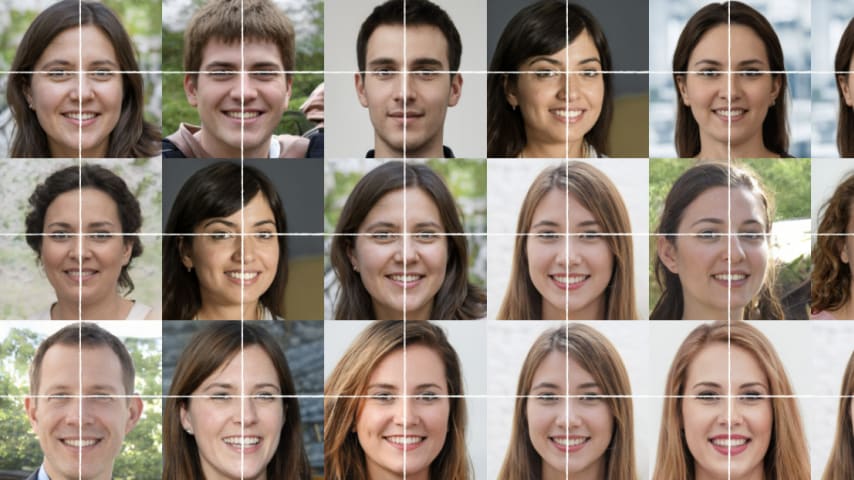Incident 167: Le modèle de détection des hommes homosexuels mis au point par des chercheurs est dénoncé comme une menace pour la sécurité et la vie privée des personnes LGBTQ
Entités
Voir toutes les entitésClassifications de taxonomie GMF
Détails de la taxonomieKnown AI Goal Snippets
(Snippet Text: Presented with photos of gay men and straight men, a computer program was able to determine which of the two was gay with 81 percent accuracy, according to Dr. Kosinski and co-author Yilun Wang’s paper., Related Classifications: Behavioral Modeling, Snippet Discussion: Pairwise classification)
Risk Subdomain
2.1. Compromise of privacy by obtaining, leaking or correctly inferring sensitive information
Risk Domain
- Privacy & Security
Entity
Human
Timing
Post-deployment
Intent
Intentional
Rapports d'incidents
Chronologie du rapport

Michal Kosinski a estimé qu'il avait de bonnes raisons d'enseigner à une machine à détecter l'orientation sexuelle.
Une start-up israélienne avait commencé à colporter un service qui prédisait les tendances terroristes sur la base d'une ana…
Variantes
Incidents similaires
Did our AI mess up? Flag the unrelated incidents
Incidents similaires
Did our AI mess up? Flag the unrelated incidents



